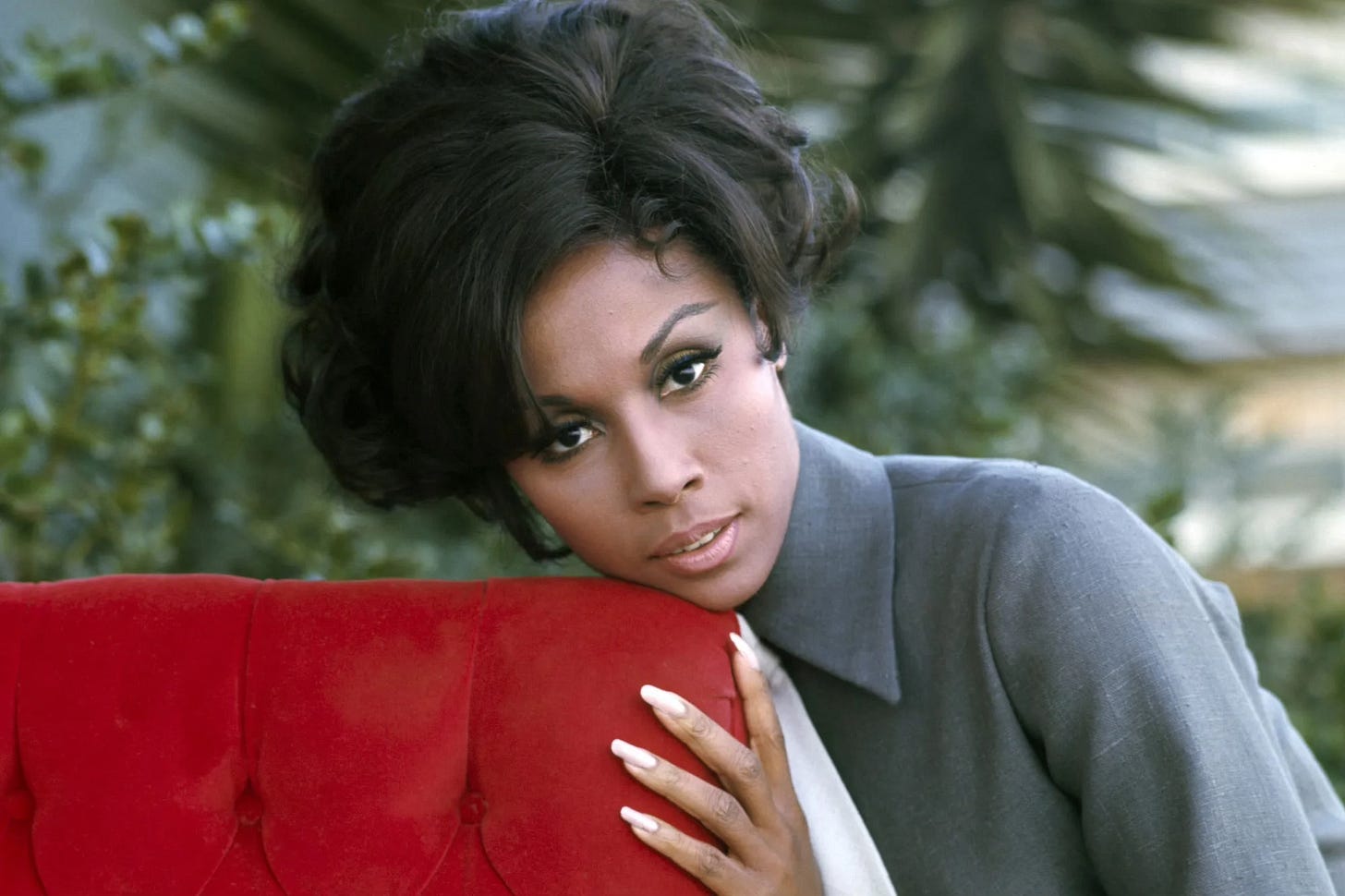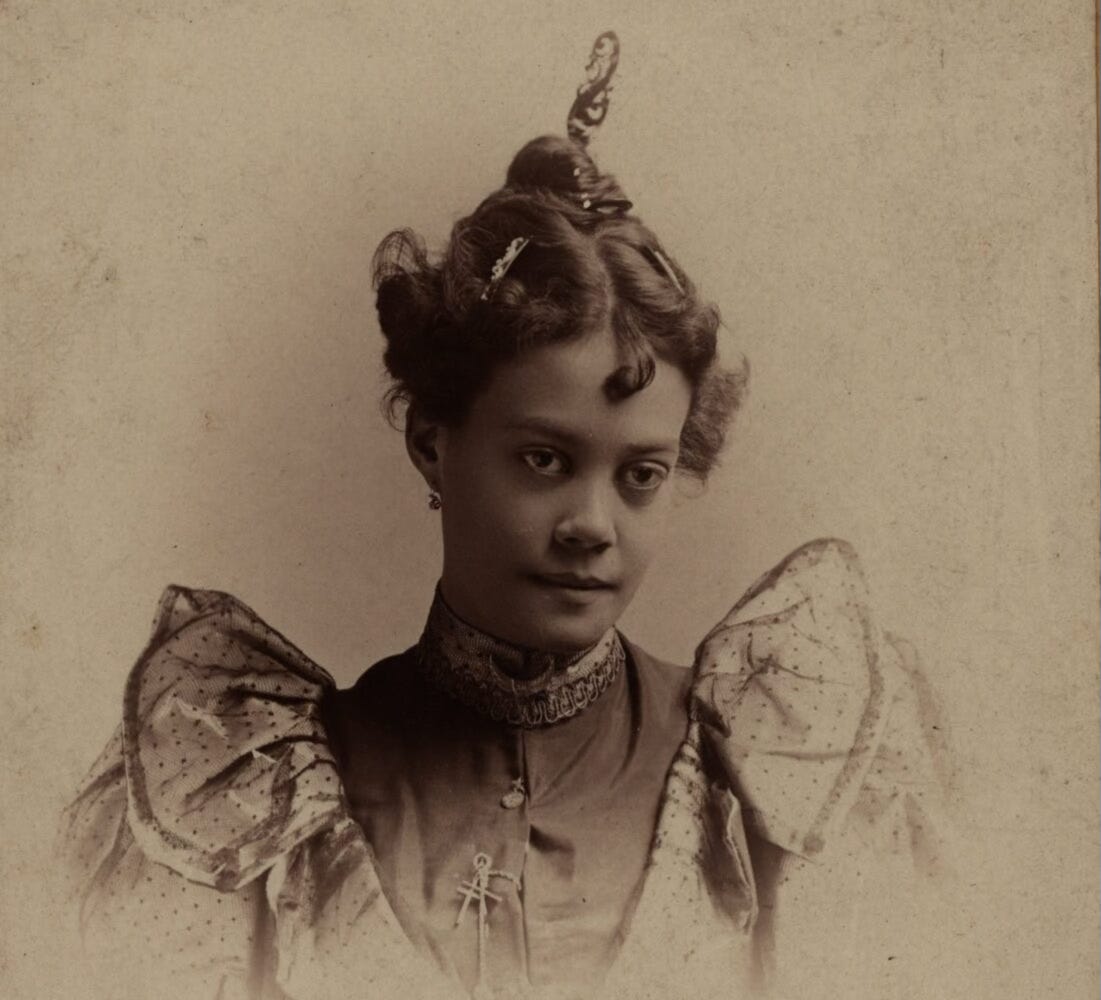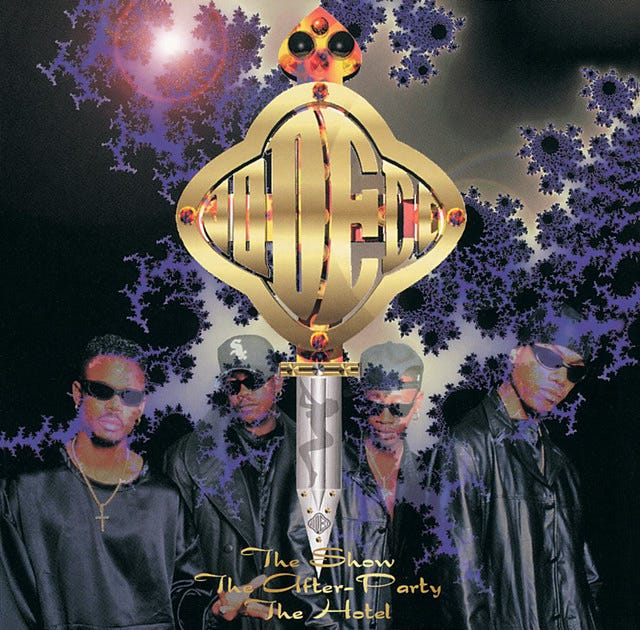Booker T. Washington once said, “I do not believe that the world ever takes a race seriously, in its desire to enter into the control of the government of a nation in any large way, until a large number of individuals, members of that race, have demonstrated, beyond question, their ability to control and develop business and enterprises.”
For reasons such as Washington expressed, Black American business ownership is a highly sensitive subject. The most recent Essence Festival of Culture debacle is proof. One of the unaddressed struggles of our people is finding the balance between building up the community versus living your life. More than a century since Washington’s death, we seem no closer to an answer.
Four Black American men–Jonathan Blount, Cecil Hollingsworth, Ed Lewis, and Clarence Smith–founded Essence magazine. According to Lewis, “Essence was started to affirm and inform black American women, who represented an untapped advertising market that none of the other women’s service magazines recognized.” Though the publication hired people from various backgrounds, it was a beacon of entrepreneurship for our community.
But as the founders fought amongst themselves, the men were dismissed one-by-one until Ed Lewis was the last man standing. Once he had full reign, he sold Essence Ventures, the holding company, over the objections of Blount and Smith in the early 2000s. Our community has not held ownership since.
Ed Lewis was in his 60s and tired of publishing when he decided to sell, and the Internet was the great unknown in the magazine industry. If we are honest, who can judge a man for getting out while the getting is good?
Still, what Lewis and so many others fail to understand is that the emotional equity our community puts into a brand does not sever with a sale. It might sound unlike what “mainstream brands” experience, but our communal journey is not the “mainstream” experience. The fervor and creativity of Black American consumers fuel the success of a brand until it often ends up in the hands of someone with no regard for us.
People are entitled to live their individual lives, but at some point, we as Black Americans need to lock in on how retaining business ownership and growing them into conglomerates can change our positioning in this country. The question is how many are willing to self-sacrifice?
This Week in History
July 17, 1935: Diahann Carroll is born
Born Carol Diann Johnson, she became the first Black woman to win the Tony for Best Actress in a Musical for her role in No Strings Attached in 1962. In 1968, her portrayal as the title character in the sitcom Julia marked the first time a Black woman starred in a television series outside of a slave or domestic and led to her winning a Golden Globe Award for Best TV Star–Female.
She was nominated for an Academy Award for Best Actress in 1975 for the title role in Claudine. Her portrayal as Dominique Deveraux in Dynasty marked the first starring role for a Black woman in a primetime soap opera.
July 19, 1875: Alice Dunbar Nelson is born
The New Orleans, Louisiana native was a preservationist of post-Civil War Black American literature. She founded The Woman’s Era, the first newspaper created for Black American women. She also published articles in magazines such as The Crisis and had columns in newspapers such as the Pittsburgh Courier.
In addition to her work as an educator and philanthropist, she was known for a string of high-profile marriages. Her first husband was Paul Laurence Dunbar, the most popular Black poet of his era. Her second marriage was to Henry Callis, a prominent physician and a founding member of Alpha Phi Alpha Fraternity, Inc. Her final marriage was to Robert J. Nelson, a respected publisher and political organizer.
Music Momentos
July 18, 1995: Miss Thang by Monica turns 30
By the mid-90s, a class of singers taught in the school of Whitney Houston had taken hold in the music industry. Monica was indeed one of those pupils, but she added the emerging Atlanta sound to make it her own. Her debut album has been certified three times platinum and includes the standouts “Don’t Take It Personal (Just One of Dem Days),” “Like This and Like That,” “Before You Walk Out of My Life,” and “Why I Love You So Much.”
July 18, 1995: The Show, the After Party, the Hotel by Jodeci turns 30
The album was the last in Jodeci’s “classic run” and reached platinum status. Standouts include “Freek’n You,” “Love U 4 Life,” and “Get On Up.”
July 18, 2000: Who Is Jill Scott?: Words and Sounds Vol. 1 turns 25
Released during neo-soul’s peak, Jilly from Philly’s debut album was eagerly anticipated after building a following on the spoken word circuit and working with the Roots. Jazzy vocals and coy lyrics delivered a double platinum success. Standouts include “Gettin’ In the Way,” “A Long Walk,” “The Way,” and “He Loves Me (Lyzel in E Flat).”
July 19, 1975: “Fight the Power” by the Isley Brothers reaches #1 on the Billboard Hot Soul Singles chart
The song’s message of political resistance led to it facing censorship, but that didn’t stop it from being a hit. The song peaked at #4 on the Billboard Hot 100.
July 20, 1985: “Save Your Love (For #1)” by René & Angela reaches #1 on the Billboard Hot Black Singles chart
One of the first hip-hop and R&B collaborations with a feature from Kurtis Blow.
What Has Us Hyped This Week
July 21: What You Need to Know premieres on Disney+
Rachel Scott, alongside James Longman, will deliver an eight to 10 minute breakdown each morning of the latest news.
Closing Thoughts
If you haven’t already, be sure to subscribe to our YouTube channel! We cover moments in Black American history, as well as current events. And with all the renewed hype around the “Thong Song,” check out our visual biography on Sisqo.
And be sure to check out our summertime playlist “Breezy,” inspired by Janet Jackson’s “Someone to Call My Lover.”
See you soon!











